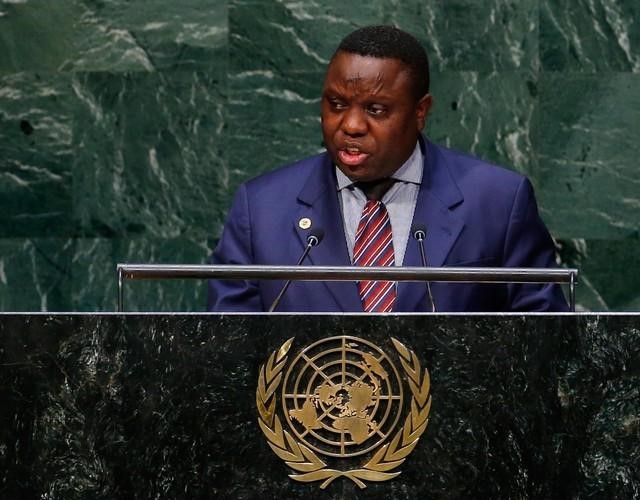
Kings UBA, Nigeria
The African Union (AU) has not made any official remarks following pockets of separatist crises in Nigeria and Cameroon.
Nigeria seems to have calmed the crises being fueled by the Independent People of Biafra (IPOB) who called for creation of independent state of Biafra: largely Igbo people from the South-East Nigeria.
When the dust settled after an Operation Python Dance of the Nigeria’s military, which target that troubled part of Nigeria, the leader of the IPOB, Maazi Nnamdi Kanu, has remained silent and his followers laid low.
On the heels of the secession crisis in Nigeria came the one of the minority English-speaking people of the central African nation—Cameroon.
Cameroonian authorities have rejected a report that at least 100 people were killed by government forces during the protests. But eye-witnesses said the clash between the protesters and government forces was “very deadly”
Although the crises seemed to have been contained by Nigeria and Cameroon respectively, a Human Rights activist, Badmus Idenhere, said the AU intervention would have helped nip the crisis in the bud and also forestall sprouting of such crises in the affected countries or in any other part of Africa.
Cameroon’s army spokesman, Didier Badjeck, disputed figures released by Amnesty International which put the death toll at 17. He said they recorded only 10 deaths. But independent sources said there more deaths than the government has admitted.
Violent protests broke out in Cameroon’s Anglophone regions following a symbolic declaration of independence from the rest of the country.
But President Paul Biya has ruled out independence for the separatist, and may not favour the return to a federal structure, which existed in Cameroon from the time it gained independence in 1961 until 1984, when Biya abolished the federal system for a unified Republic of Cameroon.
“English speaking Cameroonians make up 20 percent of Cameroon’s population of 23 million. They have long complained that they are treated like second-class citizens by the predominantly French speaking government in Yaounde. The root of the grievances date back to the end of World War One when the League of Nations decided to split Kamerun, a former German colony, between the allied French and British powers”, an online source said.




Recent Comments